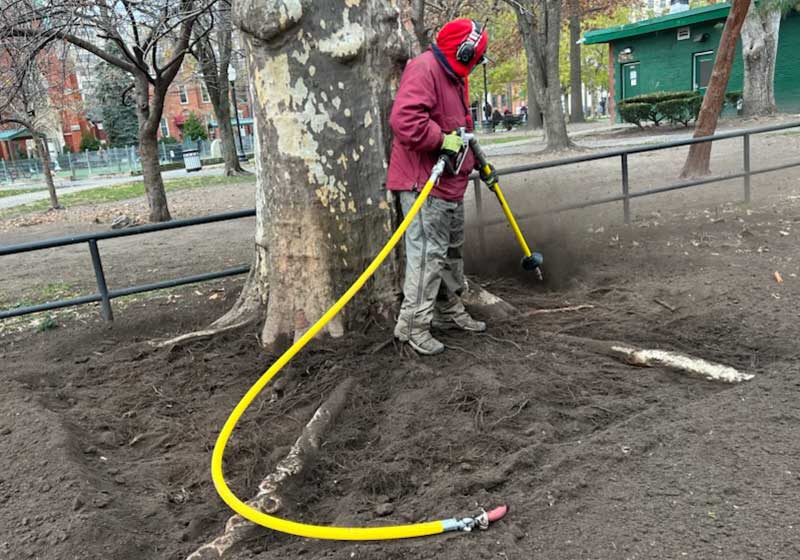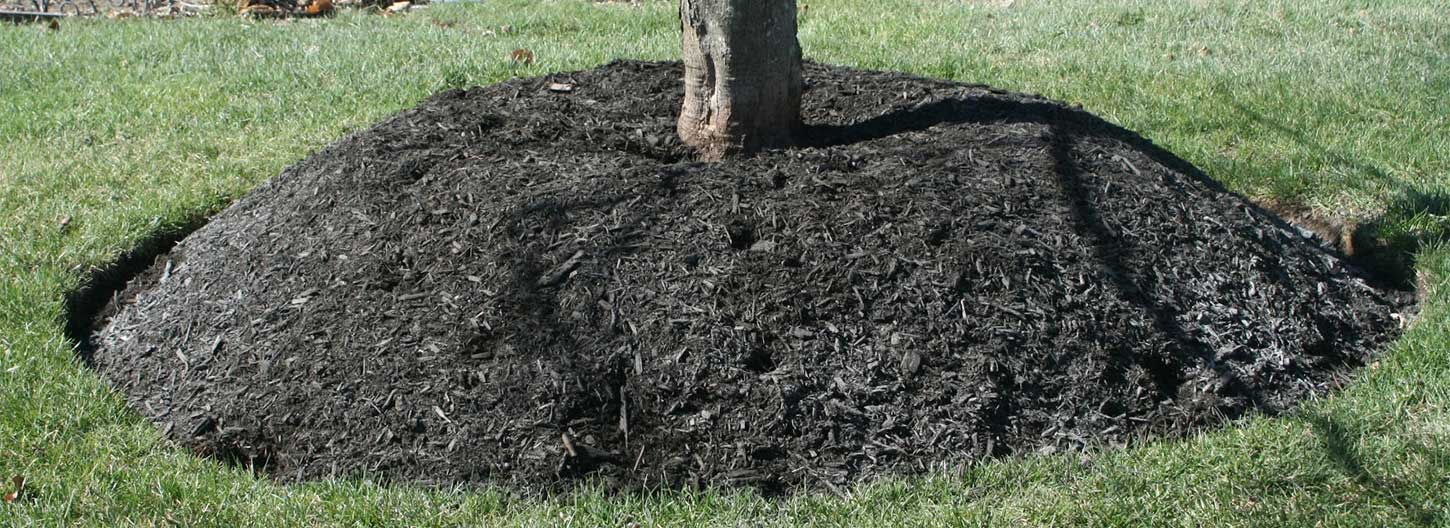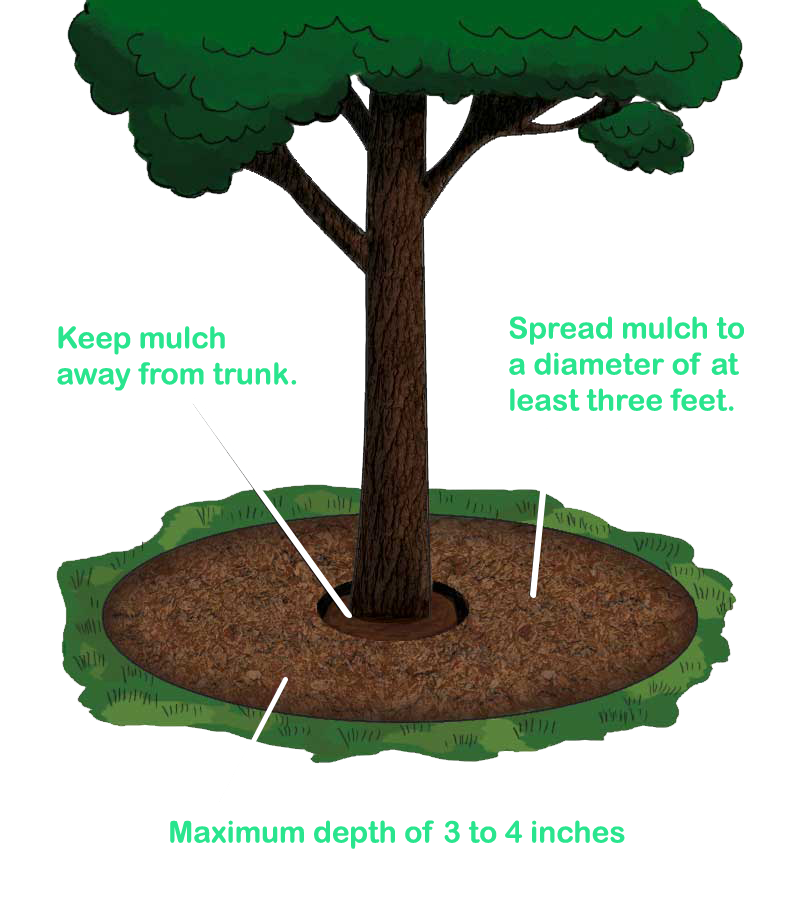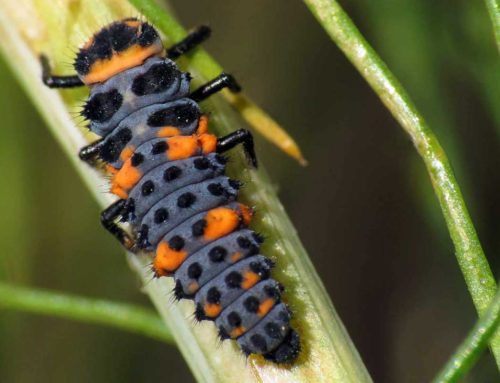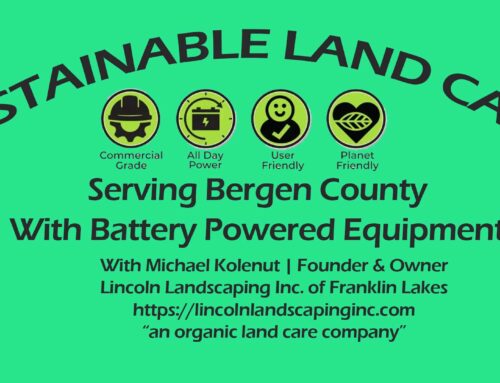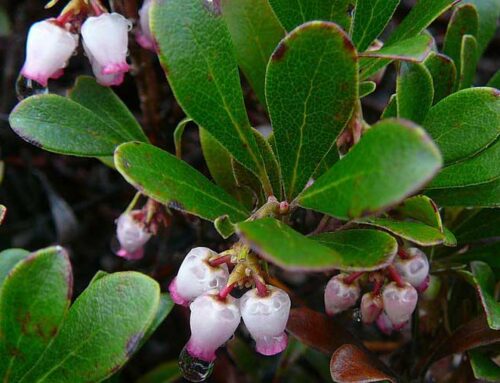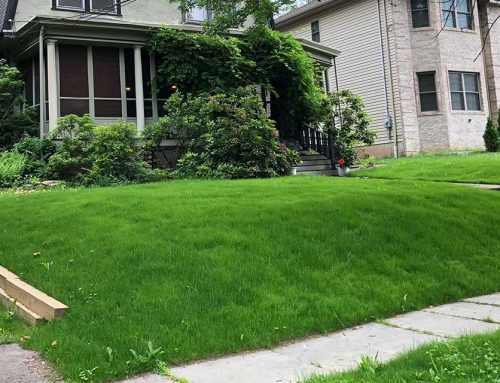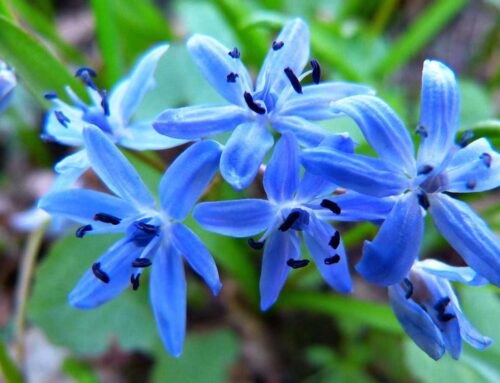Root Collar Disorder and Mulch Volcano Remedies
Trees play a significant role in our environment, not only in creating beautiful landscapes but in helping maintain the health of our planet. Proper tree care is essential for maintaining their role in our ecosystem and to keep your yard looking great. They absorb carbon dioxide, a greenhouse gas responsible for climate change, and release oxygen into the atmosphere. This process helps mitigate the effects of global warming and provides us with cleaner, healthier air for. They also contribute to our diverse eco-systems by providing habitats and food for various wildlife species. They act as natural air filters, trapping pollutants and improving air quality.
The root collar of a tree can be defined as an area of the lower trunk that transitions from trunk tissue to root tissue. It is typically associated with the basal flare, or the trunk flare of the tree, which is the wider portion of trunk that insects the ground. Healthy tree trunks typically have a well-defined trunk flare at the ground level. However, many urban trees don’t have an identifiable trunk flare at the soil surface. If your tree looks like a telephone pole going into the ground, the root collar has been buried for one reason or another. Many times, the tree was inadvertently planted too deep to begin with. In other instances, the trunk flare may have been buried after planting. This commonly occurs from soil grading associated with constructions projects, but more than often is the result of over-mulching around the base of the tree.
Although we hear about the benefits of mulch, over-mulching is the most destructive practice in the landscape today. Do you think you are safe because you have a landscape contractor? Not true, the practice of mulch volcanoes, large mounds of mulch around your trees and shrubs is highly destructive. In ten years most trees with these volcanoes of mulch, encounter a slow and painful death for the plant. At Lincoln Landscaping we utilize our Air Spade for resolving the ramifications of root collars and mulch volcanos surrounding a tree. We also are experts at transplanting and moving very large caliper trees.
The image here shows the implementation of proper tree care utilizing an airspade to resolve a root collar issue caused by a mulch volcano. This AirSpade facilitates excavation, soil management, and tree health-care within a tree’s critical root zone (CRZ). In fact, the proven benefits to tree health from air-spading has made it a preferred means for professional landscapers when it relates to organic and sustainable land care. Unlike mechanical excavation techniques, AirSpade’s supersonic nozzle turns compressed air into a high-speed, laser like jet that dislodges soil in a fraction of a second without damaging roots.
AirSpade can be used to mitigate many soil conditions that are unfavorable to a tree’s health, including soil that is overly compacted, poorly drained, anaerobic, or imbalanced in its physical or chemical composition. Air tilling, radial trenching, and vertical mulching are examples of operations commonly used for soil management. Each can serve simply as a method of decompaction, which yields considerable health benefits to the tree, or used as an implementation method for soil augmentation.
What is a mulch volcano?
Too often the mindset is if a little is good then a lot must be better. So it goes with the spring task of mulching. A “mulch volcano” is the tongue-in-cheek term given to those copious heaps of woodchips surrounding a tree. No one knows exactly where this harmful practice came from but all it takes is for one person in a neighborhood to do it and suddenly this ill-advised practice is everywhere.
There are two detrimental effects to mulch volcanoes. First, roots respire, meaning they take in oxygen and release carbon dioxide. This exchange of gases, as it is known, takes place in the upper 18 inches of soil. It’s no accident that roots proliferate in the top 18 inches because this is where oxygen is most readily available. Bring in a boatload of mulch and suddenly the lower roots no longer have access to oxygen. This leads to stressed and dying roots which in turn stresses the tree. A stressed tree has less defenses than their properly-mulched counterpart, leading to susceptibility to otherwise-minor insect and disease problems.
The second detrimental effect of a mulch volcano has to do with the tree trunk. Tree bark is well suited to protecting the trunk from sunlight and wind. Mammoth piles of mulch surrounding a trunk, however, keep bark constantly moist, fostering decay. Over time the bark rots, exposing the conductive tissue beneath the bark to decay as well. This negatively impacts the trunk’s function to move water upward/sugars downward and the structural integrity of the tree.
Types of mulch; rubber, stone and dyed mulches are not beneficial for your property. Black dye mulch contains a known carcinogen. Stone mulches reflect too much heat while rubber mulches can kill the beneficial organisms in your soil.
Depth of mulch – Most mulch volcanoes are caused by untrained and unsupervised landscape crews and personnel. Old mulch that is matting in layers should be removed before new mulch is spread in place. No more than three inches is recommended.
We at Lincoln Landscaping prefer a natural milled hardwood mulch. Never pile mulch to contact the bark of trees and shrubs. Keep mulch away from groundcover plants. Actually native groundcover plants are a great substitute for mulch and as a benefit it never needs replaced.
Proper Tree Planting and Mulching Technique
Want more information about mulch volcanoes? Visit the Rutgers University Page about over-mulching by Deborah Smith-Fiola, Agricultural Agent.
If you wish to learn more about organic land care, check out a book from our “organic library” to read more about proper organic gardening and landscaping techniques as well as sustainable landscaping practices and principles.
Call us today for a free consultation or complete the form that can be found on our contact page.
Lincoln Landscaping “The Natural Choice”
Mike Kolenut President & CEO
Providing Leadership in Organic Land Care
https://lincolnlandscapinginc.com
(201) 848-9699

